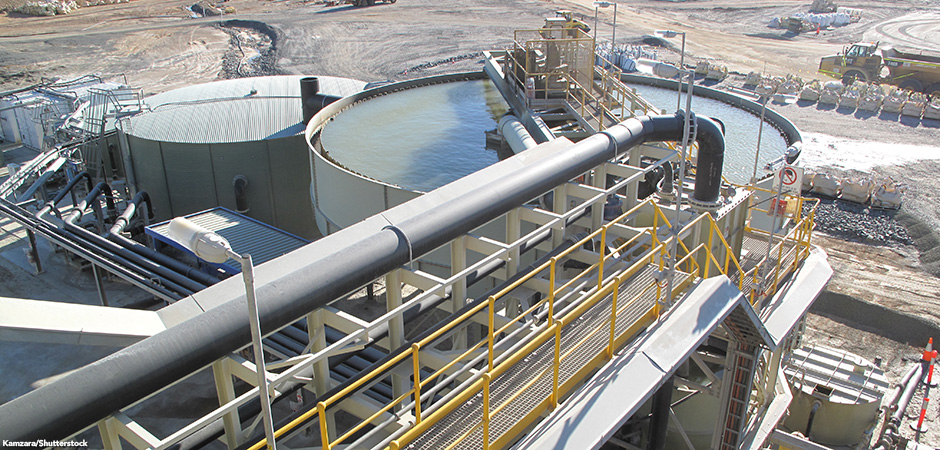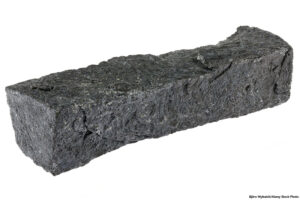
In April 2023, Chile’s President Gabriel Boric introduced a plan for the government to partner with private business in the nation’s profitable lithium industry. Boric said that government involvement will ensure that profits are spread fairly to workers, environmental concerns are addressed, and indigenous and wildlife populations are protected. Critics, on the other hand, say that it will discourage private companies from mining in Chile and hurt the country’s economy.
Below, btw examines why lithium is so valued as well as the battle between public and private interests.
What is Lithium?
Lithium is a metal that is found in some rocks and water. It was discovered in 1817 by Swedish chemist Johan August Arfvedson. The nation of Chile contains the world’s third-largest lithium supply. It is the number two producer of the metal, behind Australia. Thirty percent of the world’s supply of lithium comes from Chile.

Lithium has been nicknamed “white gold” for its value. It is used in the batteries of cell phones, cameras, and electric vehicles (EVs). A lot of lithium is needed for EVs! While a smartphone battery contains less than an ounce of lithium, EVs need about 17 pounds of the material to power a single car. As EVs continue to become a more popular choice for car buyers, the demand for lithium has grown rapidly.
How is Lithium Mined?
In Chile, large deposits of lithium are found in salt flats of the Atacama Desert in the northern part of the country. First, miners drill holes in the flats. Then, they pump the salt water to the surface. After that, the water is left to evaporate over months in artificial pools until a high concentration of lithium remains. Finally, the raw lithium is transported to a nearby processing center. It is converted into a crystalline substance that is exported to make batteries.
Electric vehicles are powering much of the demand for lithium. And electric vehicles are seen as an environmental choice for consumers who want to reduce fossil fuel mining. But some environmentalists have raised concerns about the effects of lithium mining on the Chilean ecosystem and its effect on the water supply of the local indigenous population. Chile has faced drought conditions for more than 10 years.
Public vs. Private Interests
In Chile, only two companies, Albemarle Corporation and SQM, currently are allowed to mine lithium. Based in Charlotte, North Carolina, Albemarle is the largest lithium producer in the world. SQM is a Chilean company. Both companies pay Chile millions of dollars for the rights to mine lithium there.
Under Boric’s new plan, companies like Albemarle, SQM, and others that want to mine lithium in Chile must partner with the government. The Chilean government would have the final say on mining decisions. It also likely would collect more than 50 percent of any profits made from lithium mining. Boric’s policy still needs to pass Chile’s legislative body before it becomes a law.
Those who support Boric’s plan say that it will provide more mining companies opportunities to do business in the country. The critics of the plan warn that private companies who provide money, technical knowledge, and mining experience might not want to share profits or have oversight from Chile’s government. These companies might take their business elsewhere, such as to neighboring Argentina, which has a large lithium supply and no government control of private companies.
